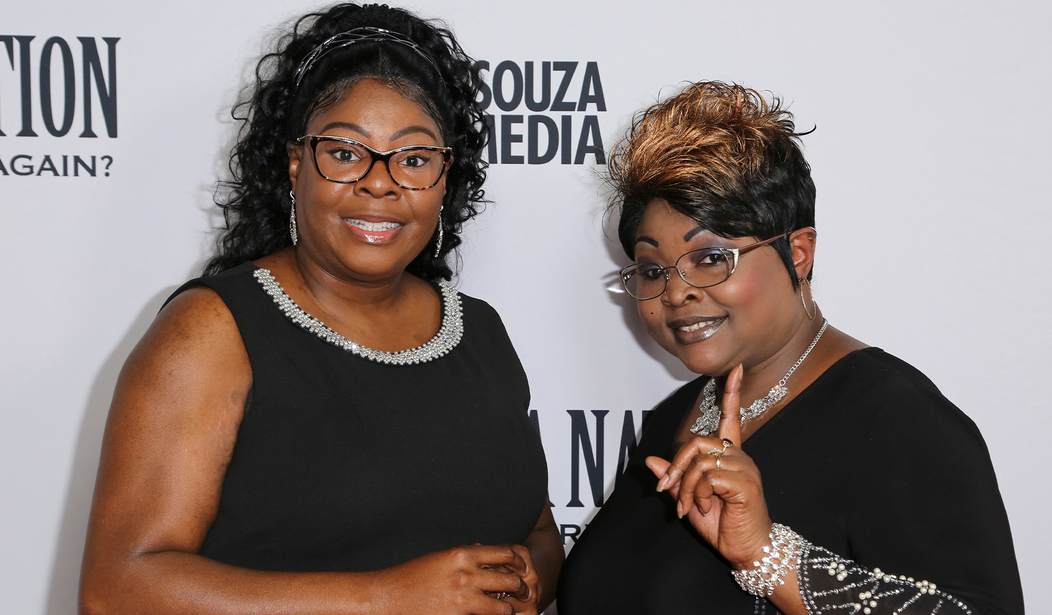Inventor, entrepreneur, businessman, television star, and family patriarch Phil Robertson passed away on Sunday, just one year after announcing he was stricken with Alzheimer’s disease. Robertson was 79.
His reality TV show — “Duck Dynasty” — was a legit cultural juggernaut. For a little while, at least.
But at its height, it was the most talked-about show on television.
Its fourth-season premier was the highest-rated TV show in A&E history. Robertson even became an unexpected fashion plate: Suddenly, long, unruly beards were cool (hence his book, “Everything’s Better with a Beard”). In merchandising alone, they were pulling in over $400 million a year!
I’m not here to eulogize Robertson — not out of malice, of course, but because I didn’t know him. Like many of you, my introduction to the Robertson family was via their TV show.
And that’s what I wanted to talk about: Have you ever wondered how these reality TV shows are pitched?
In VIP columns especially, I try to be as candid as I can, sharing certain experiences that I’d be reluctant to disclose to others. These stories don’t always paint me in the best light, but they (hopefully) offer you a behind-the-scenes glimpse of a world that’s supposed to be hidden — the PR sausage-making process in all its gruesome glory.
Sometimes, the story behind the story is the best story of all.
So, in honor of the late, great Phil Robertson, let me take you behind-the-scenes of a “Duck Dynasty” TV pitch. The year was 2018; the production team behind “Duck Dynasty” was interested in creating a new reality TV show about another conservative family.
Remember Diamond and Silk?
Just like “Duck Dynasty,” the two ladies were — albeit briefly — legit cultural juggernauts. President Trump only followed a dozen-or-so people on Twitter; Diamond and Silk, a.k.a. North Carolina sisters Ineitha Lynnette Hardaway and Herneitha Rochelle Hardaway, were followed (and often retweeted!) by Trump.
Trump wasn’t alone: Millions of Americans were retweeting them. The straight-talking sisters, with their sassy demeanor, sly sense of humor, and effusive, over-the-top adoration of Trump, were everywhere.
The media couldn’t get enough of ‘em!
The fact that the ladies were black and “sounded” black was part of their appeal, because it came on the heels of Trump’s promise to broaden the GOP, break the Democrats’ monopoly on minorities, and bring new voters into the fold. Diamond and Silk were lifelong Democrats up until 2015 — right until you-know-who ran for president.
Post-Trump, they made it their life mission to spread the good word of the MAGA gospel. They even released a documentary movie called “Dummycrats.” Here’s the one-minute trailer:
In 2018, Diamond and Silk were given a show on Fox Nation; two years later, Fox News broke ties with them over COVID.
Sadly, Ineitha Lynnette Hardaway (Diamond) died in 2023 at the tender age of 51.
Silk continues to create content. If you’d like to support her, please click here.
Okay, back to our story. The folks behind “Duck Dynasty” were looking for another show to pitch, and obviously, due to the Robertson clan, they had unquestioned credibility in this genre: Who’s better qualified to make a reality TV show about a nontraditional conservative family?
Diamond and Silk were relative newcomers to the Fame Game, but they were smart. They recognized the brand-building benefits of a hit TV show and hoped to monetize their celebrity.
But Diamond and Silk also had integrity. That’s part of the reason why the deal fell apart.
Getting the two parties — the “Duck Dynasty” peeps and Diamond and Silk — connected was easy. The “Duck Dynasty” producers already knew who they were and wanted to meet them, so the arm-twisting was minimal. No NDAs or non-circumvents were signed.
Often, when you pitch something to a production company, you want to be protected by a paper trail. It doesn’t have to be a formal contract; it could be something as simple as a general “Letter of Agreement” that expresses an open-ended desire to work together. A paper trail provides an additional layer of protection, should there be a dispute over an idea’s concept or origin. (Not a great layer — if a production company wants to screw you, they almost always figure out a way to do so — but hey, it’s better than nothing.) In this instance, neither side was incentivized to sign any paperwork, since the ladies knew they couldn’t make the “Diamond and Silk Show” without… Diamond and Silk.
We just wanted to get the ball rolling.
So, we had a meeting with all parties. The production company offered their vision; Diamond and Silk shared theirs.
I’d love to tell you that we met in the middle and struck a lucrative win-win deal. Alas, we didn’t. The production company seemed excited and motivated to do something like “The Kardashians” — a TMZ-ish tabloid show. The ladies wanted to do something more upscale, where they could discuss the political issues they’re so passionate about.
Nobody was rude or disrespectful. But there was clearly a disconnect: The producers, I suspect, would’ve been thrilled to turn Diamond and Silk into a punchline; they wanted to do something more comedic than serious. Meanwhile, the ladies took their mission very seriously. If the producers had offered ‘em a conservative talk show, where they could’ve argued politics and grilled newsmakers, we might’ve been able to make something work.
But that didn’t happen. Instead, the production company decided they couldn’t sell Diamond and Silk’s vision to a network… and walked away.
Welcome to Show Biz.
It’s too bad. The ladies would’ve been great on TV.










